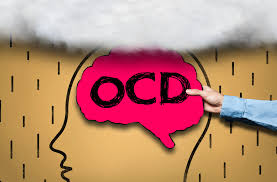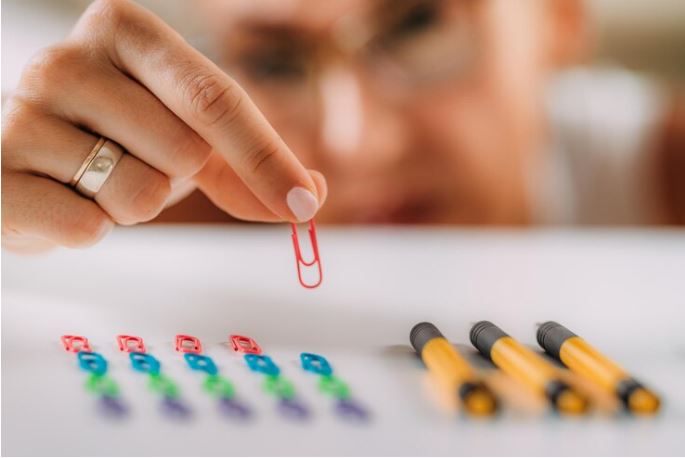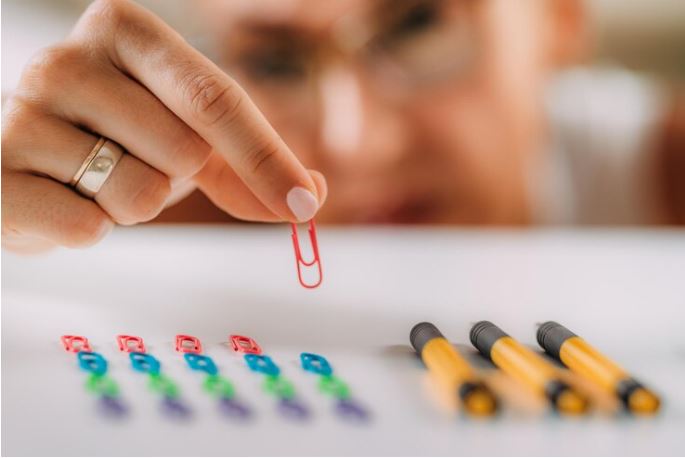How to Avoid Addiction: Practical Steps for a Healthier Life

Addiction is a complex issue that can impact anyone, regardless of age, background, or lifestyle. It’s not just about drugs or alcohol; addiction can also encompass behaviors like gambling, gaming, or compulsive internet use. If you are suffering from addiction, then you should consult with the best psychiatrist or take admission in a rehabilitation center.
This blog will provide practical advice, grounded in psychological insights, to help individuals recognize risks and build resilience. By following these strategies, you can make informed decisions and create a balanced, fulfilling life.
Let’s dive in to get more details.
What Is Addiction?
Addiction is the inability to stop engaging in a behavior or using a substance despite negative consequences. It often stems from a combination of biological, psychological, and environmental factors. Once the brain associates certain behaviors or substances with pleasure or relief, it can create compulsive patterns that are hard to break.
Risk Factors for Addiction
Some people may be more susceptible to addiction due to:
Genetic predisposition – Family history of addiction can increase vulnerability.
Mental health issues – Conditions like anxiety, depression, or trauma often overlap with addiction.
Environmental influences – Stressful surroundings, peer pressure, or trauma can play a role.
Understanding these risks empowers you to identify triggers and take preemptive action.
Practical Ways to Avoid Addiction
Some of the ways to avoid addiction are mentioned below:
1. Develop Healthy Coping Mechanisms
Stress is one of the most common triggers for addictive behaviors. Learning healthy ways to manage stress can significantly reduce reliance on harmful substances or compulsive activities. Consider:
Mindfulness exercises – Practices like meditation and deep breathing can help you remain calm and centered.
Physical activity – Regular exercise lowers stress levels, boosts mood, and keeps your mind focused.
Journaling – Writing down your thoughts can provide clarity and emotional release.
2. Strengthen Your Support System
Isolation often fuels addiction. Surrounding yourself with supportive and understanding people can create a safety net.
Reach out to friends or family members who encourage positive choices.
Join a community group, such as clubs, organizations, or volunteering initiatives to form new connections.
If needed, seek professional help, such as counseling or support groups, to address challenges before they escalate.
3. Set Clear Boundaries
Addictive behaviors often arise when boundaries are blurred. Establishing clear guidelines for yourself and others can help maintain balance. For instance:
- Limit social settings where substance use is normalized.
- Designate screen-free zones and times to avoid compulsive internet use.
- Say no to situations or people that pressure you into behaviors you’re uncomfortable with.
4. Stay Educated
Knowledge is a powerful tool in prevention. Familiarize yourself with the warning signs of addiction and be aware of your own habits.
Regular self-check-ins can help you evaluate whether certain behaviors are becoming problematic.
Stay informed about the dangers of substances or habits you feel drawn to.
5. Build a Balanced Lifestyle
Having a full, enriching life reduces the need to seek fulfillment from addictive behaviors. Focus on creating daily routines that balance work, social life, and relaxation.
- Pursue hobbies and interests that give you a sense of accomplishment and joy.
- Practice proper time management to reduce stress and feel in control of your life.
- Prioritize self-care, including nourishing your body with healthy food, sleep, and downtime.
- Insights Into the Psychological Aspect of Avoidance
Addressing the psychological factors that contribute to addiction is key to long-term prevention:
- Understand your triggers – Recognizing situations that tempt you into addictive behaviors lets you prepare in advance.
- Challenge negative thoughts – Replace self-critical or defeatist attitudes with empowering affirmations.
- Cultivate emotional resilience – Strengthening your ability to handle setbacks reduces the likelihood of turning to addiction as a way out.
- Seeking therapy or counseling, even as a preventative measure, can help you explore these areas in depth.
- Recognizing Warning Signs
Despite best efforts, addiction can sometimes creep in unexpectedly. Early detection is critical. Common warning signs include:
- Neglecting responsibilities at work, school, or home.
- Losing interest in activities you once enjoyed.
- Using substances or behaviors to escape negative feelings.
- Increasing frequency or intensity of the habit in question.
If you notice any of these signs, seek help promptly to prevent escalation.
Conclusion
Avoiding addiction is not about completely shielding yourself from life’s challenges. Instead, it’s about building the emotional, psychological, and physical resilience needed to face them head-on. By incorporating healthy habits, understanding your vulnerabilities, and seeking support when necessary, you can minimize the risk of addiction and lead a balanced, fulfilling life.
Prevention starts with small, intentional steps. The more proactive you are about nurturing your well-being, the stronger your foundation against addiction becomes. Make today the day you prioritize your health and long-term happiness.
FAQs
Frequently asked questions by people:
1. Can addiction happen even if you just “try” something once?
Yes, some substances or behaviors can lead to immediate psychological or physical dependence. Individual susceptibility also plays a role, so it’s best to avoid experimenting.
2. How can I help a loved one avoid addiction?
Encourage open communication without judgment. Offer emotional support and suggest proactive resources like counseling or healthy activities you can do together.
3. Can addiction only affect certain types of people?
No, addiction can affect anyone. However, factors like mental health, upbringing, and environment may increase susceptibility.
4. Is professional help necessary to avoid addiction?
While not always required, professional guidance can offer tailored strategies and support for individuals at higher risk.
5. Are there apps or tools to help track potentially addictive behaviors?
Yes, many apps can monitor screen time, spending habits, or alcohol intake. These tools provide insight into patterns and help set limits.
Note: IndiBlogHub features both user-submitted and editorial content. We do not verify third-party contributions. Read our Disclaimer and Privacy Policyfor details.







